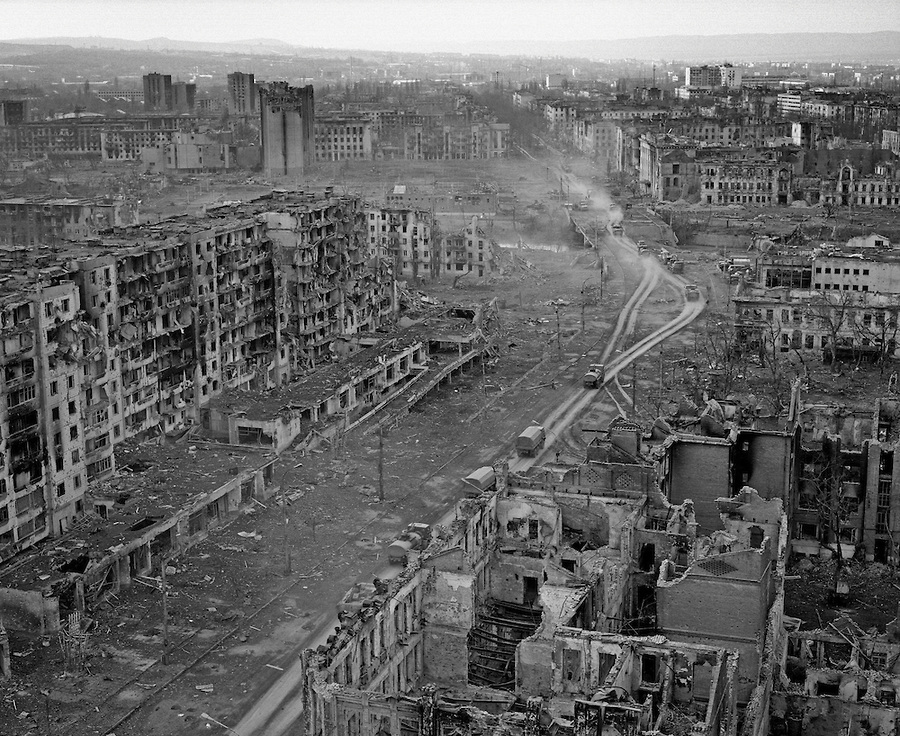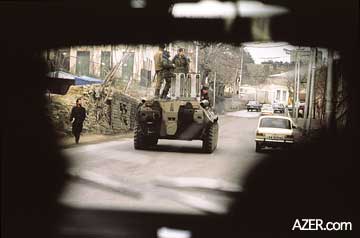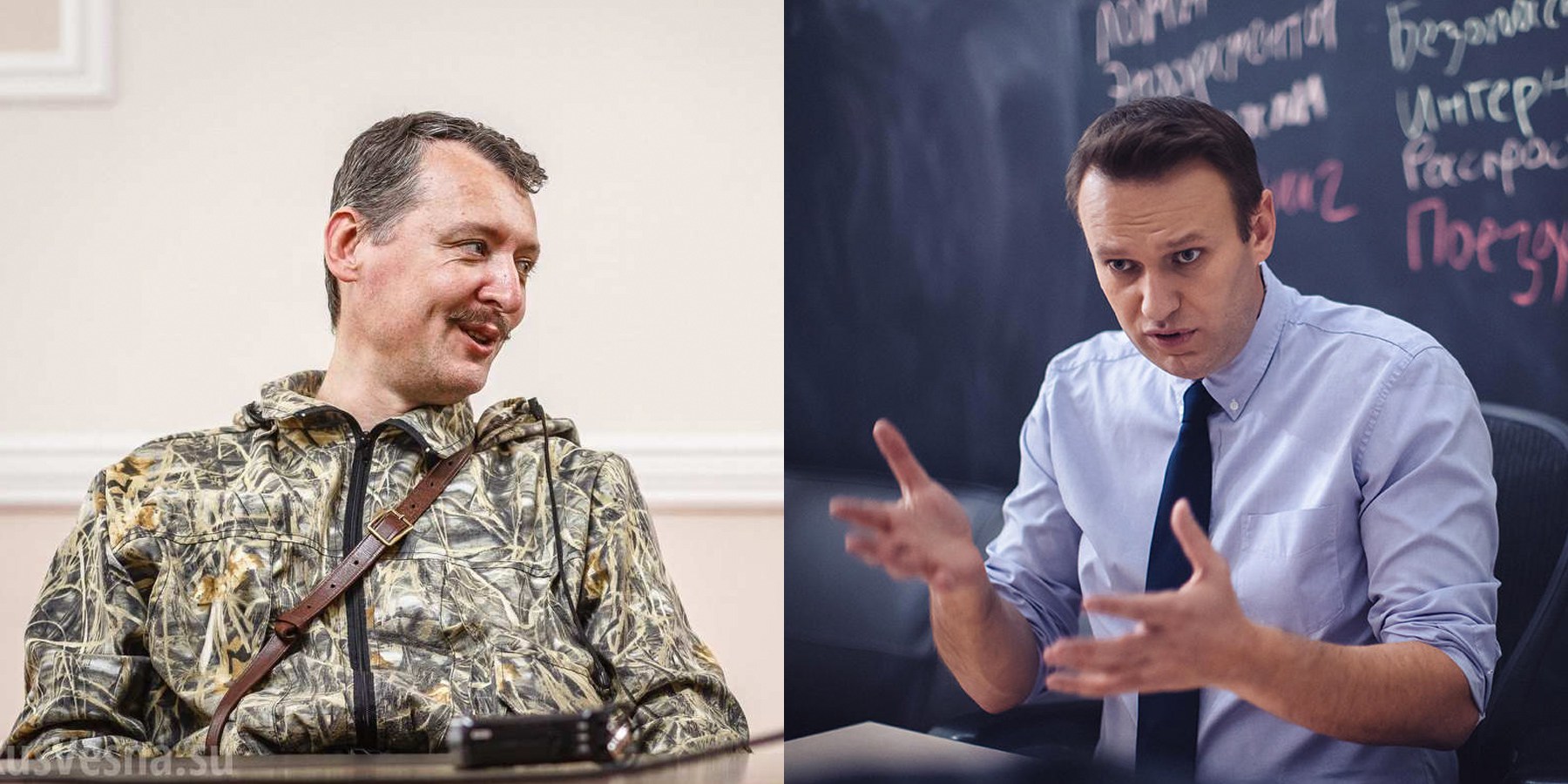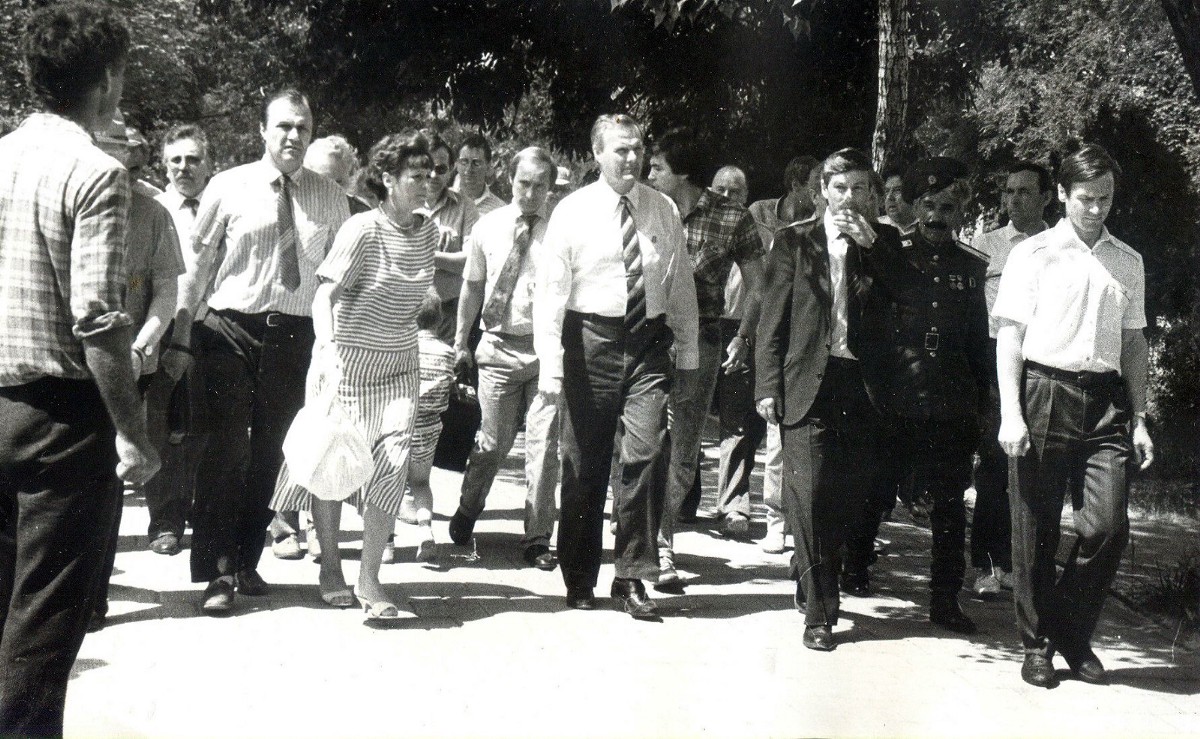Most people today are focusing on bidding farewell to Lyudmila Alekseyeva, the great human rights activist that Vladimir Putin is trying to coopt as one of his own, or to the centenary of the birth of Aleksandr Solzhenitsyn, whose slogan “live not by lies” played an essential role in unmasking and then destroying the Soviet system.
But those events should not obscure another one that may have played an even greater role in the continuing Russian tragedy: On this day in 1994, Russian forces on the order of Russian President Boris Yeltsin began their fateful and ultimately unsuccessful attack on Chechnya.
Yeltsin’s order was dated December 9. It prompted the government to issue a decree calling for the disarming of Chechen armed formations. But only on December 11 did Russian forces begin, in the words of Mairbek Vachagayev, “a war that changed the world” and became “the beginning of a tragedy for an entire people.”
Vachagayev, who served as Chechnya-Ichkeria’s representative in Moscow, recalls that the Russian forces attacked the Chechen capital from three directions, but one of them was blocked by ordinary and unarmed people. The other two were able to reach the outskirts of Grozny after hard fighting and much later.
In Russia itself, Russian leaders like Yegor Gaidar, Grigory Yavlinskiy, Sergey Yushenkov, Sergey Kovalyev, Aleksandr Cherkasov and Valeriya Novodvorskaya, to name but a few, spoke out at the brutal Russian punitive expeditions. And Boris Nemtsov, then governor of Nizhny Novgorod, even “collected a million signatures” against the bloodletting.
“All of them understood,” Vachagayev says, that “their country had passed a line beyond it one must no longer talk about democracy. On the side of the Chechens rose almost the entire Russian media: Every day, journalists reported about thousands of killed, including federal forces who did not understand what they were being asked to give their lives for.”
What must also be remembered, he continues, is that “the Chechens did not feel hatred to the Russian army which had come to kill them nor to Russia as a whole. They simply did not understand what was happening and felt hurt and were offended.” They believed that a solution could be found.
Tragically for them and for Russia they were wrong: the war against Chechnya and Chechens had begun, as had the war against democracy in Russia as well.
Further Reading:
- World’s largest flag of Chechen Republic of Ichkeria unraveled in central Kyiv
- Russia assassinated at least 13 Chechens abroad before victim returned fire in Kyiv
- Kadyrov may be loyal to Putin and Russia but most Chechens aren’t, activists say
- Chechen and Afghan echoes of Putin’s military operation in Syria
- Ukrainian War far more dangerous for Russia than even the Chechen War, Nevzorov says
- ‘The Chechen War isn’t over’
- Donbas on its way to becoming Chechnya of 1998, Babchenko says
- Chechen government in exile warns G20 leaders of possible Russian-jihadist collaboration
- Babchenko: The war in Afghanistan was hard on us, Chechnya crippled Russia, but this war will finally finish us
- Another Caucasus war for Putin? Daghestan aligns with Chechnya against Russian law enforcement
- Is Putin about to begin a third Chechen war to escape Ukrainian impasse?
- Exclusive: An interview with a Chechen commander fighting for Ukraine
- Kadyrov — leading indicator of where Putin is taking Russia, Sokolov says
- Chechens fight on both sides in Ukraine








